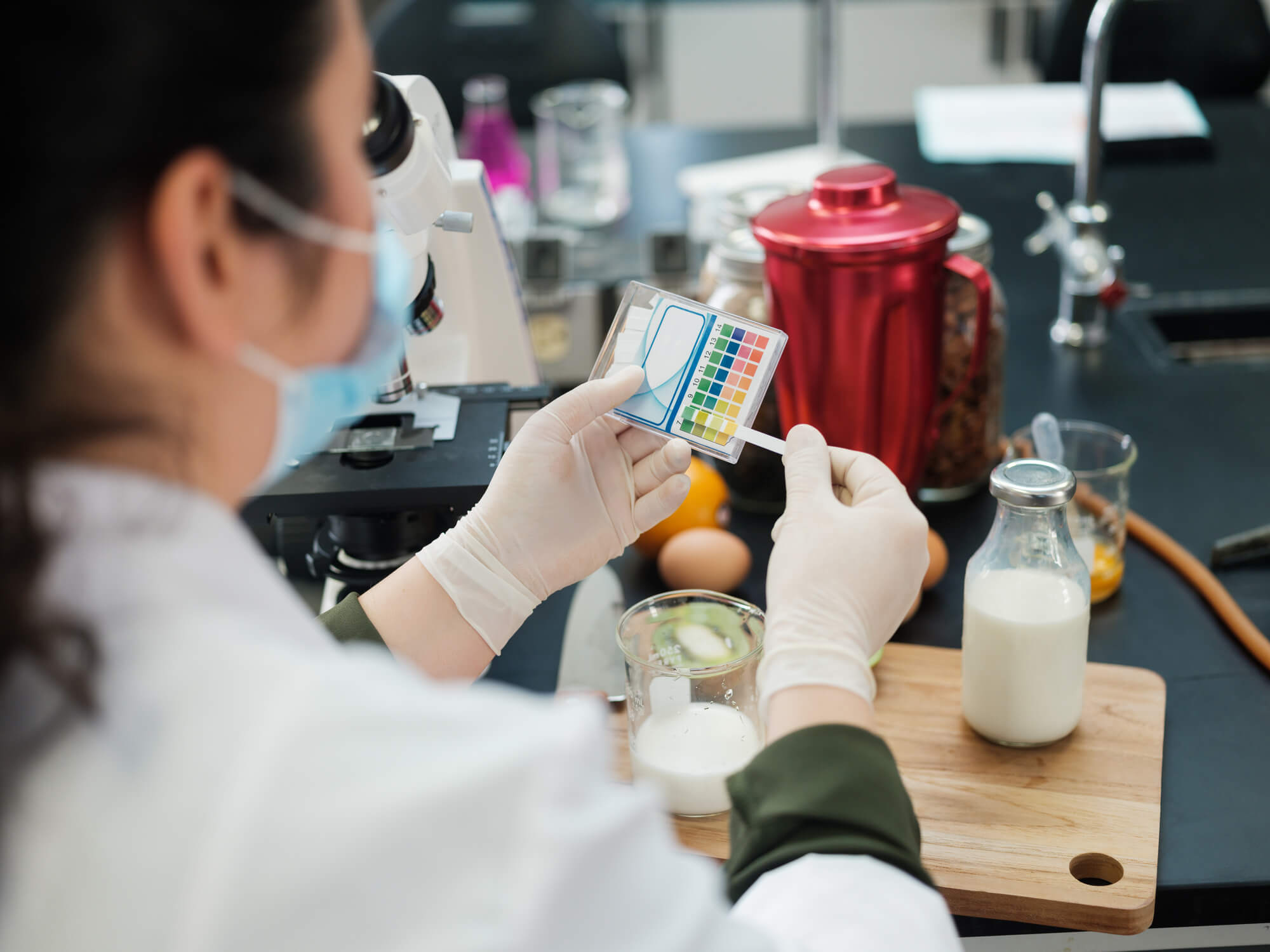Biological chemistry
Overall Course Objectives
The students should, based on the cell, acquire a basic understanding of biological processes. Consequently, the students will acquire knowledge about the cell structure, their biological functions, biochemical, molecular and biotechnological processes. With this background the students should be able to discuss present biotechnological problems. Through a theoretical assignment the students are introduced to basic techniques in microbiology, molecular biology and biochemistry. Through practical laboratory exercises the students learn more about linkages between theory and practice, which should enable them to convey and communicate a biological issue.
Learning Objectives
- Describe the spatial, logistic, and structural organization of the living cell as well as the overall mechanisms and chemical structures behind its function.
- Describe the overall structure, function and regulation of enzymes, and explain how several enzymes together can form a metabolic pathway.
- Explain how carbohydrates can be broken down by living cells, and the chemical energy transformed into ATP bound energy during both respiration and fermentation.
- Describe the antiparallel double helical structure of DNA; its replication and chromosomal organization in pro- and eukaryotes; as well as the bacterial cell division and eukaryotic meiosis and mitosis.
- Explain the initiation, elongation, and termination processes during transcription and translation in pro- and eukaryotes.
- Describe mechanisms for regulation of gene expression.
- Explain the mechanisms for prokaryotic transfer of genetic material and how a virus reproduces itself by the use of the host reproductive system.
- Describe the basal terms in Mendelian genetics.
- Describe how recombinant DNA technology can be utilized to manipulate living cells.
- Perform the most basic techniques and working procedures within microbiology, biochemistry and molecular biology, and explain the principles of these techniques.
- Convey and communicate about biological issues and understand the relationship between theory and practice of simple biological issues.
Course Content
The cell as basic biological unit: structure, function, metabolism, growth, reproduction, heredity and biodiversity. The theory covers: structure of amino acids and proteins, nucleotides and nucleic acids, carbohydrates and lipids. Enzymes: structure, reactions, inhibition. Dynamic biochemistry: cata- and anabolism together with regulation of metabolism, redox processes and energy metabolism. Synthesis of macromolecules of information: DNA and RNA, protein. Regulation of activities in the cell e.g. synthesis of macromolecules, responses to external stimuli. Mutation and mutagenesis. Genetic processes in pro- and eukaryotes. Gene technology. Examples will be given where basic biological definitions are used in present and future biotechnology. Laboratory exercises supporting the theoretical content. By working with a theoretical and a practical assignment, presentation and communication within this technical field is trained.
Recommended prerequisites
26171/26173
Teaching Method
Lectures, group work, theoretical and laboratory exercises
A theoretical assignment must be handed in during the semester.
Faculty
Remarks
It is a prerequisite for attending the written examination that the laboratory exercises are carried out and that a theoretical assignment is handed in. Both need to approved by the teachers. This course addresses diploma students, other students are referred to 27932.
Textbook
Sadava et al.: Life. The Science of Biology, 12. ed., 2020





